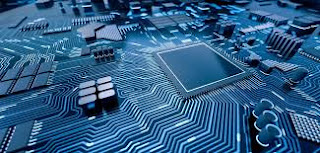Subscribe to:
Post Comments
(
Atom
)
Computer Science Helf
Popular
-
Computer mouse Computer mouse : A computer mouse is a hand-held pointing device that detects two-dimensional motion relative t...
-
Computer Cooling Fan "Computer Cooling Fan" h1/ /> Computer Cooling Fan: A computer fan is any fan inside, or attac...
-
Personal Computer : A personal computer (PC) is a multi-purpose computer whose size, capabilities, and price make it feasible for indiv...
-
Types : A workstation is a high-end personal computer designed for technical, mathematical, or scientific applications. Intended primarily...
-
Hard disk drive Hard disk drive: A hard disk drive ( HDD ), hard disk , hard drive , or fixed disk [b] is an electr...
Recent
3/recent-posts
Comments
3/recent-comments
Photography
3/Photography/post-per-tag
Categories
Blog Archive
Tags
COMPUTER
(3)
COMPUTER NEW UPDATE
(1)
COMPUTER PROBLEM SOLVED
(1)
COMPUTER SCIENCE
(6)
Computer Technology
(1)
About
Custom Widget
3/Business/post-per-tag
Recent in Sports
3/Sports/post-per-tag
Popular Posts
-
Computer mouse Computer mouse : A computer mouse is a hand-held pointing device that detects two-dimensional motion relative t...
-
Computer Cooling Fan "Computer Cooling Fan" h1/ /> Computer Cooling Fan: A computer fan is any fan inside, or attac...
-
Personal Computer : A personal computer (PC) is a multi-purpose computer whose size, capabilities, and price make it feasible for indiv...
Created By SoraTemplates | Distributed By Blogspot Themes
Powered by Blogger.







No comments